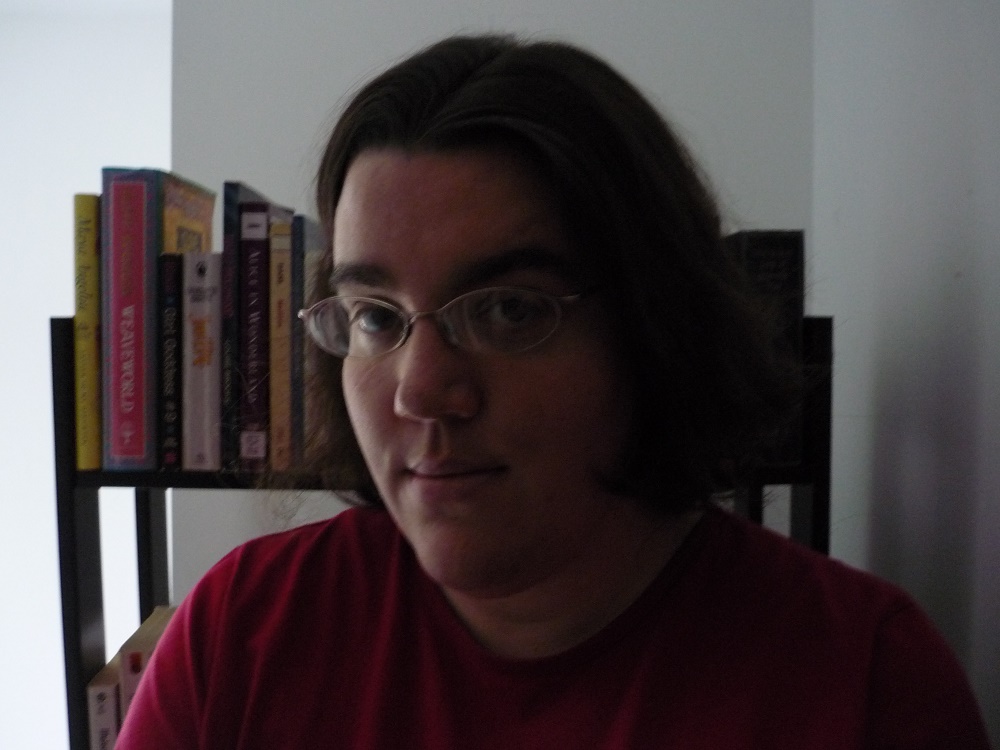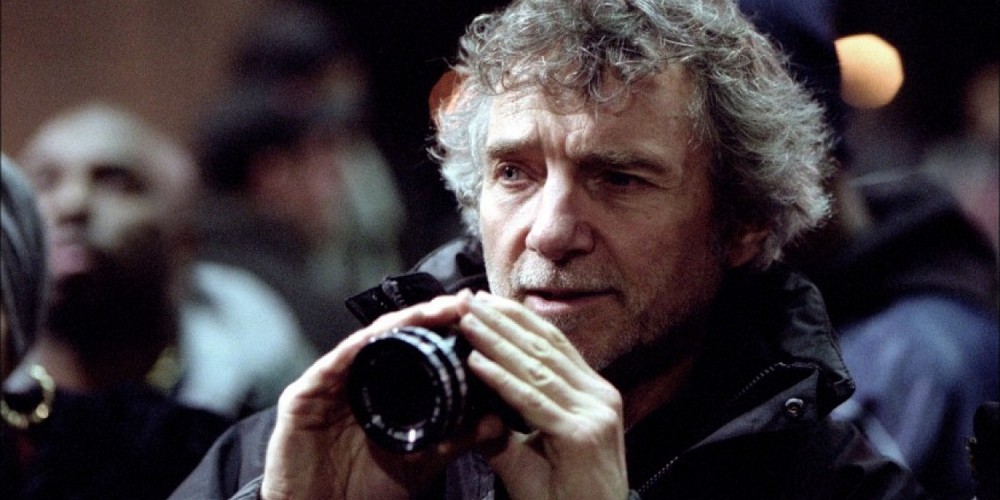Curtis Hanson made films about people who don’t save the
day; people who are not in the habit of winning. The drama in most of his films
comes not from huge battles of good versus evil, but rather what happens when a
character unaccustomed to good fortune suddenly has a stroke of luck, or what
happens when a character is at a crossroads and has to decide who they are
going to be, and what they are willing to give in the attempt to change or save
their lives.
A graduate of Roger Corman’s New World Pictures school, he
penned the screenplay for “The Dunwich Horror” and directed the psycho-sexual
thriller “Sweet Kill.” He went on to collaborate with Samuel Fuller by writing
the script for “White Dog.” At the end of the eighties he directed the
intriguing pair of Neon-Noirs “The Bedroom Window” and “Bad Influence.” In 1992,
he directed one of his first major films, “The Hand That Rocks the Cradle.” His
empathic approach to his characters extended to his villains, and Rebecca
DeMornay turned in some of her best work as the nanny from hell. She plays the
wife of an ob-gyn who was sexually assaulting his patients. She is heavily
pregnant and at a meeting where she’s informed her husband’s assets are frozen,
and she goes into early labor. At the hospital she watches helplessly as a team
of doctors and nurses fail to save her baby. Later, she can only watch in
glassy-eyed rage the photo of the first woman to come forward on the TV news.
She will attempt to destroy this woman’s life. Her actions are monstrous but
she is never inhuman. Hanson lets us see that all of this horror stems from the
howl of grief and agony she gave when she watched her child die.
He explored a different kind of maternal bond in “The River
Wild” with Meryl Streep as a river guide determined to protect her family from
the escaped criminals who have taken them hostage to force her to lead them out
of the wilderness.
After that would come his biggest and best-loved film, the
sleek Neo Noir “L.A. Confidential”. An excellent adaptation of the James Ellroy
novel. Hanson wrote the Oscar-winning script that saw cops trapped in a maze of
power players and discovering the codes they’d sworn to uphold and protect are
corrupt and worthless. The two cops who make it out alive do so by creating a
new code—one that costs them dearly in different ways.
Hanson followed “L.A. Confidential” with the witty and
kind-hearted “Wonder Boys” based on a novel by Michael Chabon. Michael Douglas
at his best is a gone-to-seed novelist and English professor. He’s saved from
himself by a very eventful weekend with his libertine publisher (Robert Downey
Jr.) and the best student in his class (Tobey Maguire.)
“Wonder Boys” is a film of small moments and memorable
characters that builds to a wonderfully alive portrait of a makeshift family
figuring out their next move. The film positing—as Maguire’s character points
out about Douglas’ unfinished, bloated, out-of-control second novel—that
eventually you have to make choices. You can’t keep safely walking the path of
old habits. When change comes it’s messy. Change is as terrifying and
liberating as watching the pages of a not very good novel fly away on a breezy
day.
Hanson was very good at showing people deal—or fail to deal—with
what life has given them. From a rapper trying to make good in “8 Mile” to a
woman trying to forgive her sister for sleeping with her boyfriend in “In Her
Shoes,” his characters had dreams and hopes they had to let go of, but there
still existed a zeal for life in them. Perhaps the key to Hanson’s filmography
can be summed up in a line from his “L.A. Confidential” script. A former
prostitute tells one of the surviving two cops: “Some men get the world. Others
get ex-hookers and a trip to Arizona.” The humanity in Hanson’s films happens
when characters get what they need instead of what they want. They might not be
epic heroes but they find connection, people with whom they can build a life.
And that’s a vanishing type of story in Hollywood, which only makes Hanson’s
loss feel more acute.












